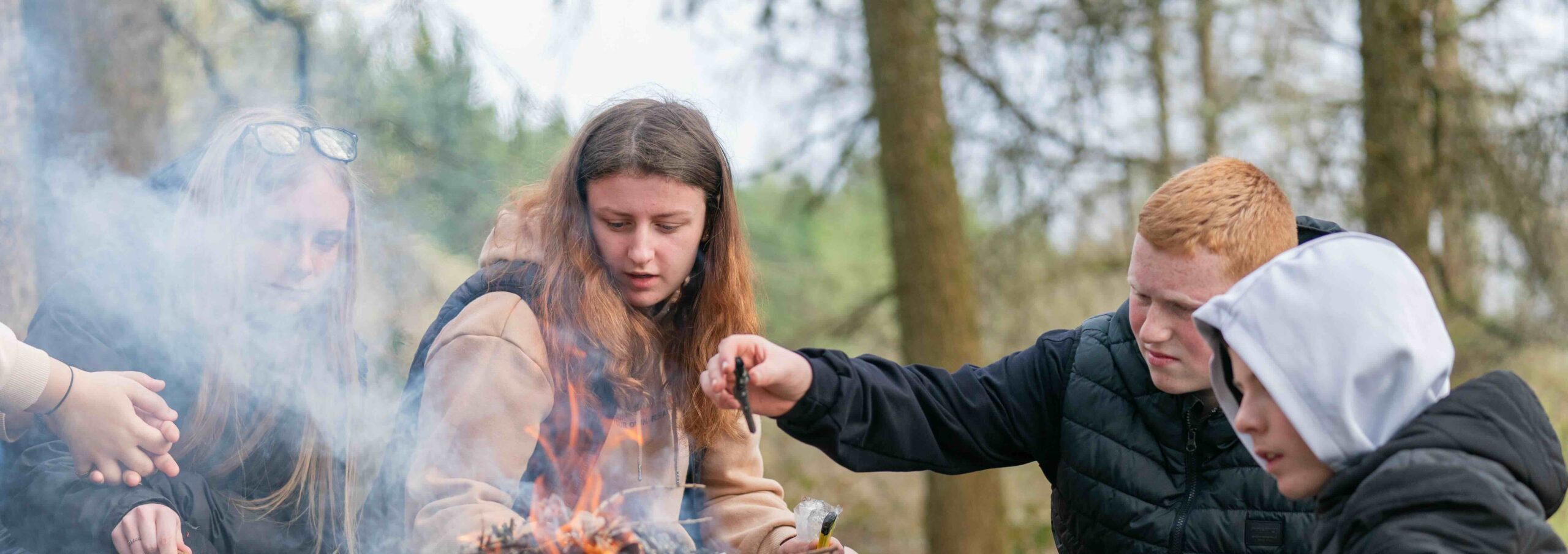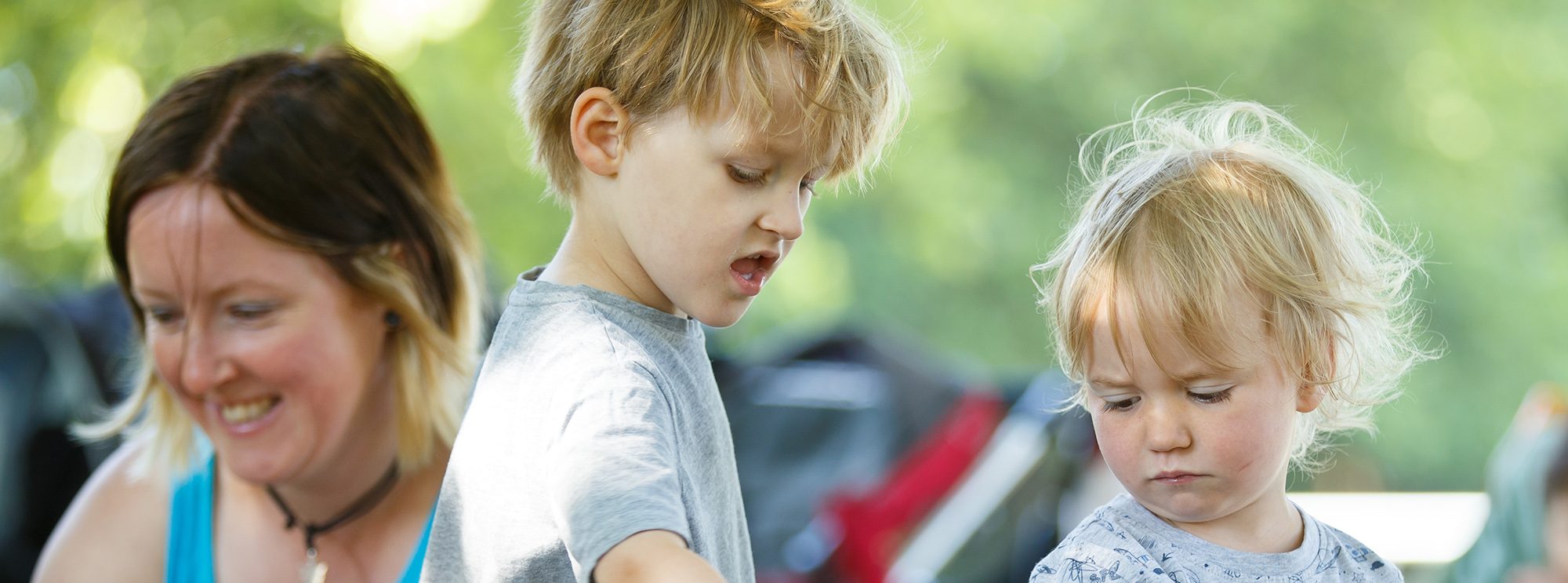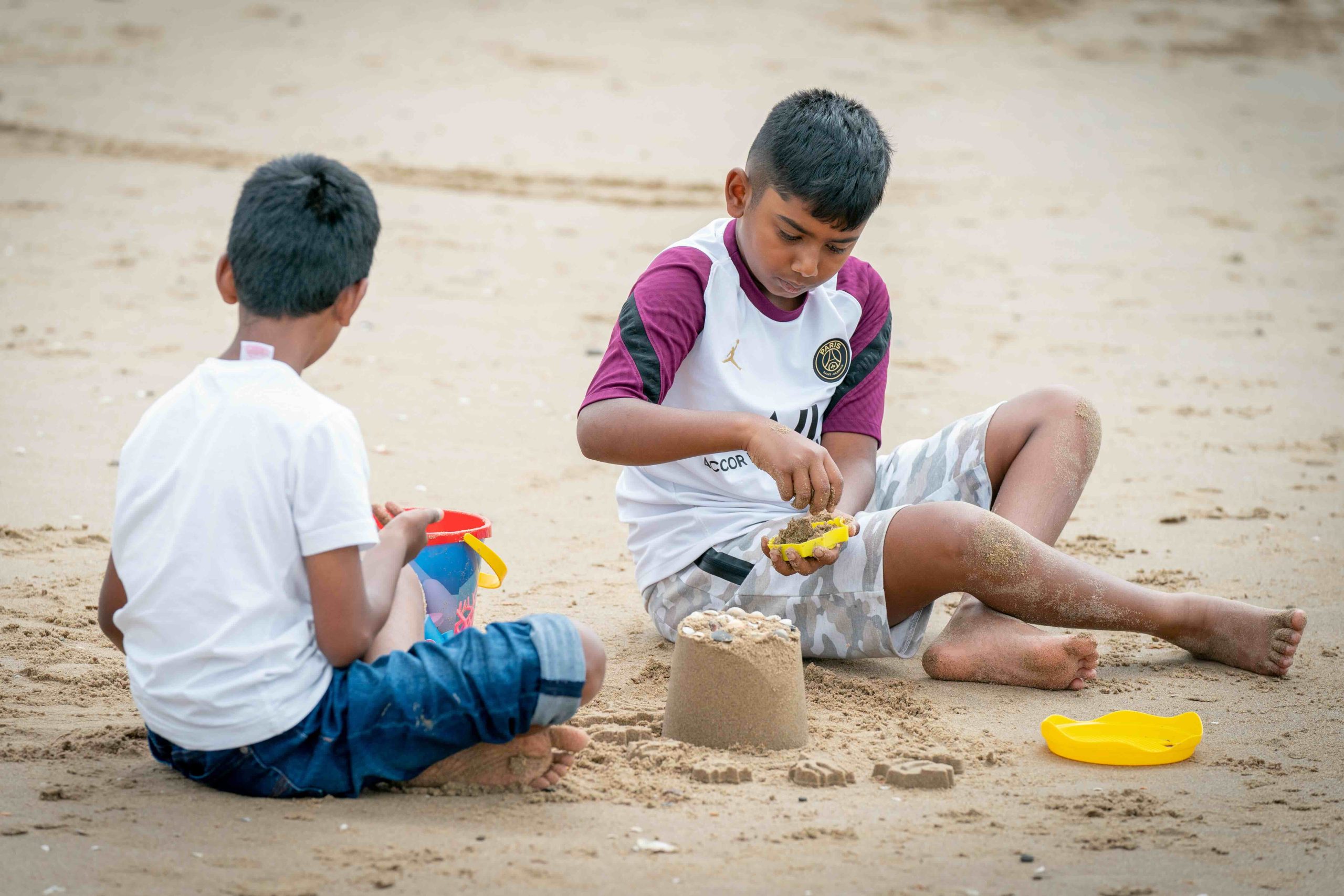All about play
Scary stuff teenagers do
Parenting a teenager can be an anxious time. In our own teenage years, we might have had a different opinion from our parents and other adults about what was safe, risky, okay or not okay.
Teenagers’ brains are still developing. They go through stages when they are attracted to experiences that are risky and thrilling enough to get a big rush of adrenalin.
Some of these are socially acceptable such as adventurous sports, others may cross over into things you find unacceptable such as breaking rules or staying out late.
As well as all the positive things in their world, teenage life might involve things that upset or worry you and them, such as:
- swearing
- parties
- sex
- friends you’re not keen on
- peer pressure
- rule breaking
- experimenting with drugs or alcohol.
Learning from risk
Teenagers are learning to cope with life’s challenges and pressures and are going through a process of learning to take responsibility for their own choices and actions.
Teenagers take risks in their everyday life that are beneficial to them as learning experiences while they have the potential to cause them hurt or upset. We tend to accept that these are things we might all go through. For example, your teenager might:
- risk rejection when they want to fit in with a group or ask someone out
- risk not getting the grades they hope for when they work towards exams
- risk making social mistakes when they go into a new situation
- risk being mocked or misunderstood when they confide something personal.
Risky behaviours can happen when teenagers are playing and hanging out. It might be that when they are with friends, it feels like a ‘safer’ place to experiment and test boundaries.
Teenagers are also learning about risks they find acceptable to take for their own reasons. For example, teenagers passionate about causes might participate in protests, marches, vigils and direct action. This could bring them into contact with authorities and might be seen as admirable or unacceptable depending on people’s perspectives.
Not worrying too much
Although it can be quite scary at times being a parent or carer to a teenager, it can help to find ways to keep a sense of balance.
- Remember, whatever your teenager is doing, they are most likely not the first nor the last to do this.
- It’s not that uncommon for teenagers to push the boundaries to the extent they might have a brush with the authorities.
- Things you worry about might seem quite mild to other parents, or the other way round.
- Teenagers’ enthusiasm for life and courage to try things despite the risks involved might be something you admire.
Your own teenage years will influence your response to teenager behaviour. You might also have strong views about things that are unhealthy or you consider to be moral issues.
It can help to remember that every generation has its own experience of the world and environment they are growing up in. Your teenage child is not growing up in the same world you did. You can guide them, but they have to discover it for themselves.
Top tips
- Try to stay open to conversations and listen to your teenager, so that they feel safe to tell you things that concern or worry them.
- Try to be open-minded about why your teenager has done something even if you disapprove – they might have given in to peer pressure, followed the crowd, decided to stick with a friend or just have made the wrong choice at the time. If they see you’re not jumping into blame them, they are more likely to talk to you about it.
- Try to see the lighter side of things too, making mistakes can have its funny side and laughing together might help relieve tension.
- Try sharing something from your own experience that shows you understand that we can all make mistakes or act unwisely sometimes.
Don’t be afraid to ask for help
If are worried that your teenager is at risk of serious harm or exploitation, or if they have expressed fear for their own safety and wellbeing, you may decide to reach out for help or advice. For example, you might want to contact:
- your teenager’s school or GP
- services providing support directly to teenagers on specific issues
- local youth provision.
Remember to look after yourself too. If you feel well and supported, you’ll find it easier to support your teenager and other members of the family through tough times. For example, you could:
- keep up with your own hobbies and interests
- find time to meet up friends
- get outdoors for a walk or breath of fresh air
- seek support from groups or your GP
- find support online.













